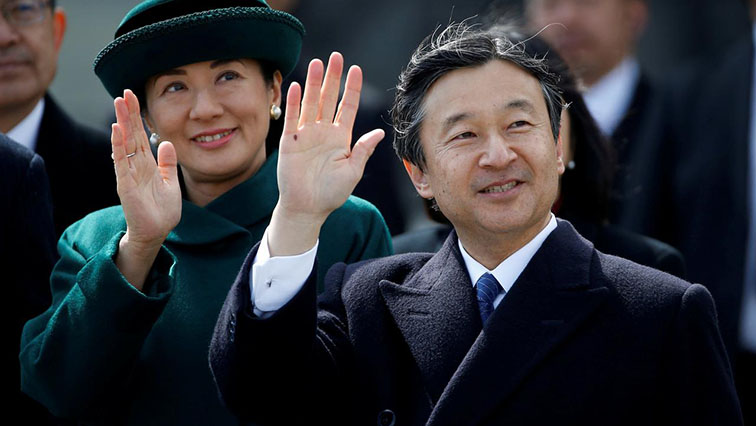Japan’s Crown Prince Naruhito is set to become the next Emperor of Japan on May 1, a day after the abdication of his 85-year-old father, Emperor Akihito.
Akihito will abdicate on April 30, ending the Heisei era, which began in 1989, and becoming the first emperor to abdicate in Japan in over two centuries.
He is the 125th member of the world’s oldest reigning monarchy and expressed his desire to abdicate in 2016 citing his declining health and advancing age. A once-off bill allowing this was passed by parliament in 2017.
Naruhito’s ascension to the Chrysanthemum Throne will mark the start of the Reiwa era. The 59-year-old has been slowly taking over his father’s duties.
Whereas his father had a relatively clear role to play when he ascended the Chrysanthemum throne, trying to heal the wounds of a war waged across Asia in the name of his father, the scholarly, unassuming Naruhito may find it harder to forge a path of his own.
He may also have to do it largely on his own. His 55-year-old wife, Crown Princess Masako, has suffered from depression brought on by the stress of palace life and unfulfilled demands that she bear a royal heir, and her public appearances have been largely sporadic for over a decade.
Naruhito will bring to the job of emperor an unusually broad range of experience for Japanese royals, who have long had more cloistered lives than their overseas counterparts. He is the first Japanese emperor to have a university degree.
Some royal watchers say that he has actually broken new ground for the imperial family by publicly calling for more men to be hands-on fathers, and taking up global causes such as that for clean water.
Some conservatives favour Naruhito’s younger brother Prince Akishino and his family, partly because of his wife Kiko, who has never had a career and fulfills all her public duties. The couple also have a son, Hisahito, who is third in line to the throne.
The success of Emperor Akihito’s move to make the family “middle class” means there may be little for his son to do other than continue in that way, playing a symbolic, unifying role.






